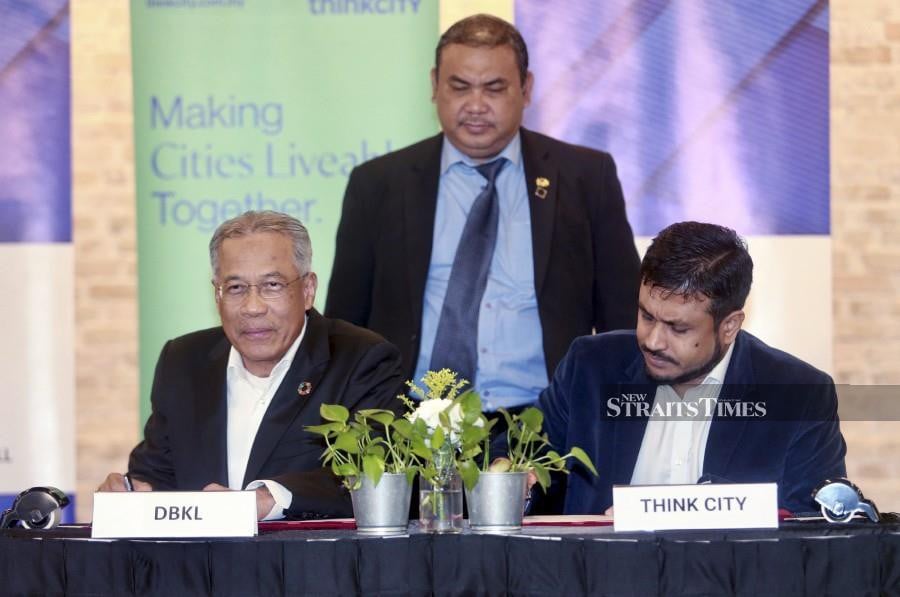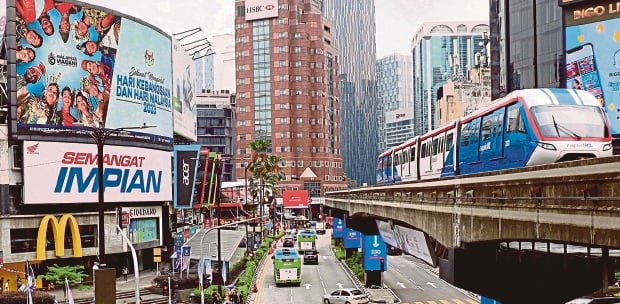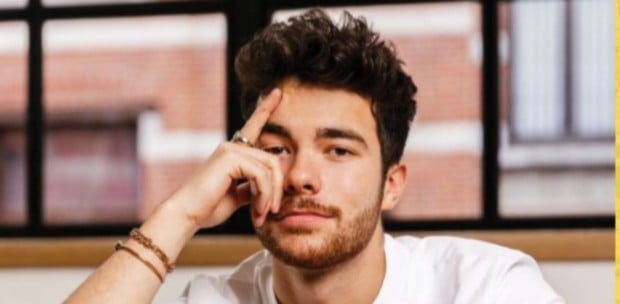KUALA LUMPUR: Kuala Lumpur City Hall (DBKL) and Think City Sdn Bhd (Think City) today signed their third Memorandum of Understanding (MoU) to rejuvenate Downtown Kuala Lumpur as a creative and cultural district (KLCCD) at the Mayor's Courtyard, Kuala Lumpur Tourism Bureau.
Kuala Lumpur Mayor Datuk Seri Mahadi Che Ngah said the revitalisation of Downtown Kuala Lumpur was important to make the city relevant in a changing world, adding that a world class city was more than just skyscrapers and huge commercial districts.
"A city must be equitable for all levels of society that enables it to be liveable, that means effective resilience interventions for the B40 communities and PPR citizens, ramping up urban greening efforts, and effective public transport facilities.
"There will also be strategies to manage climate change and its effect on the city, and bolster the rejuvenation efforts in city centres and heritage cores as key sites to drive the creative and cultural economy."
He said there has been implementation of more than 165 projects and 120 cultural events, and workshops which include the improvement of alleys, adaptive reuse, greenery transformation, reactivation of spaces, and much more.
"The supported projects include a walking tour, food for the community and refugees, improvement of performance spaces, greenery transformation and film workshops.
"The goal of the plan is to create a vibrant and sustainable district in the city that will attract both local and international visitors to mingle around safely with no cars, and to foster the growth of the creative and cultural industries in the KL region," said Mahadi.
Think City managing director Hamdan Abdul Majeed said with Kuala Lumpur's historic core in the city centre, the city was already rich in tangible and intangible cultural assets, and was well primed to become Malaysia's first creative and cultural district.
He said one of the initiatives is the Strategy and Policy Development which includes the Creative District Strategic Master Plan and Kuala Lumpur Culture in collaboration with DBKL, and also in collaboration with the Tourism, Arts and Culture Ministry, the National Heritage Department and Yayasan Hazanah Foundation.
Hamdan said that the KLCCD blueprint has already been incorporated in the DBKL 2040 structure plan and the blueprint coverage will put its focus around 1km radius of Masjid Jamek, KL Sentral, Bukit Nanas and its surroundings.
"We are looking at how to make this a major destination that will have global interest by enhancing the physical aspects of the city, the public amenities, and restoring some of the major buildings to strengthen KL as an economic hub.
"We want to make this place (KL) the most accessible public place, the most connected part where anyone from the whole Klang Valley can come by public transport."
He said there will also be public space improvement programs such as the improvement of the Lorong Bandar route 11, and space activation programs such as PESZTA, which is a joint initiative of Merdeka 118 and the Attap Village community.
Hamdan said the urban public art initiatives such as Pentas Seni Merdeka launched last year and Arts on the Move are now back, and will be launched next week by Transport Minister Anthony Loke.
"We want to strengthen Kuala Lumpur City Centre as a creative destination, and as a tourist attraction while improving public space through green corridors," said Hamdan during a press conference.
The event also witnessed a recognition ceremony of 12 beneficiaries of the second cycle of the Downtown Kuala Lumpur Grants Programme.
The Prime Minister's political secretary Azman Abidin was also there to witness the MoU signing ceremony.
Previously, Prime Minister Datuk Seri Anwar Ibrahim said that the government aimed to transform the federal territories into smart cities by 2030.





